As Black History Month ends, here’s a look at stories I’ve been privileged to cover at NPR that reveal important moments in the culture
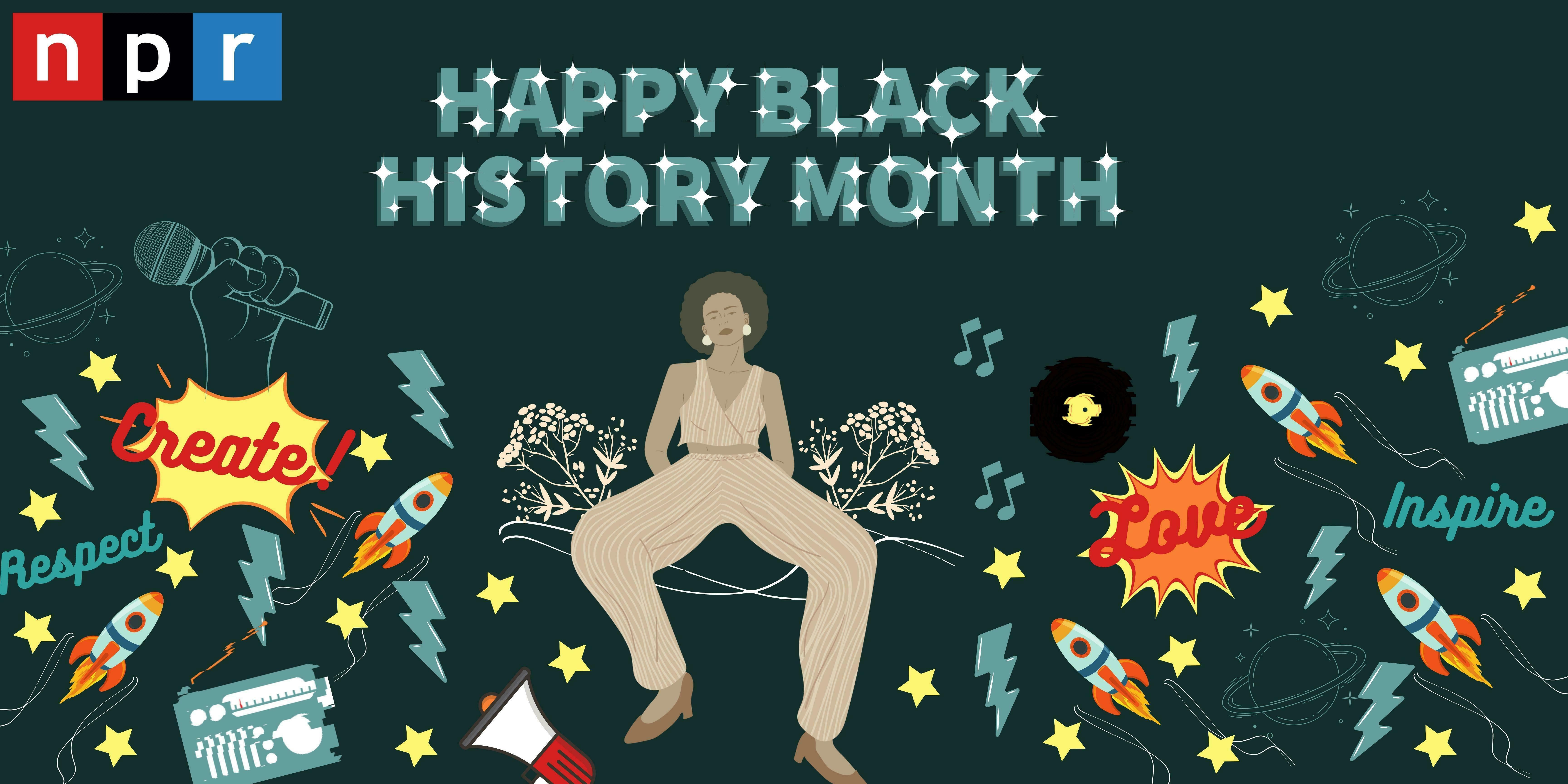
When I interviewed Questlove a few weeks ago, I noticed something about him which I also thinks applies to me.
One of the coolest things about becoming a storyteller who covers pop culture, is that you eventually get a chance to dissect the things which you obsessed about as a young pop culture nerd.
In Quest’s case, it has been pivotal moments in culture and music, like the 1969 Harlem Cultural Festival, Saturday Night Live’s 50-year history of musical performances or the rise and fall of Sly Stone. In my case, it’s been much quirkier and specific musical stuff.
On the last day of Black History Month – in defiance of Donald Trump and all the other misguided people who mistakenly believe such observances are to be criticized and/or limited – I wanted to place on Substack a few links to stories I’ve done over the years which connect to Black history in important ways, allowing me to pursue my twin obsessions of music and racial equality.
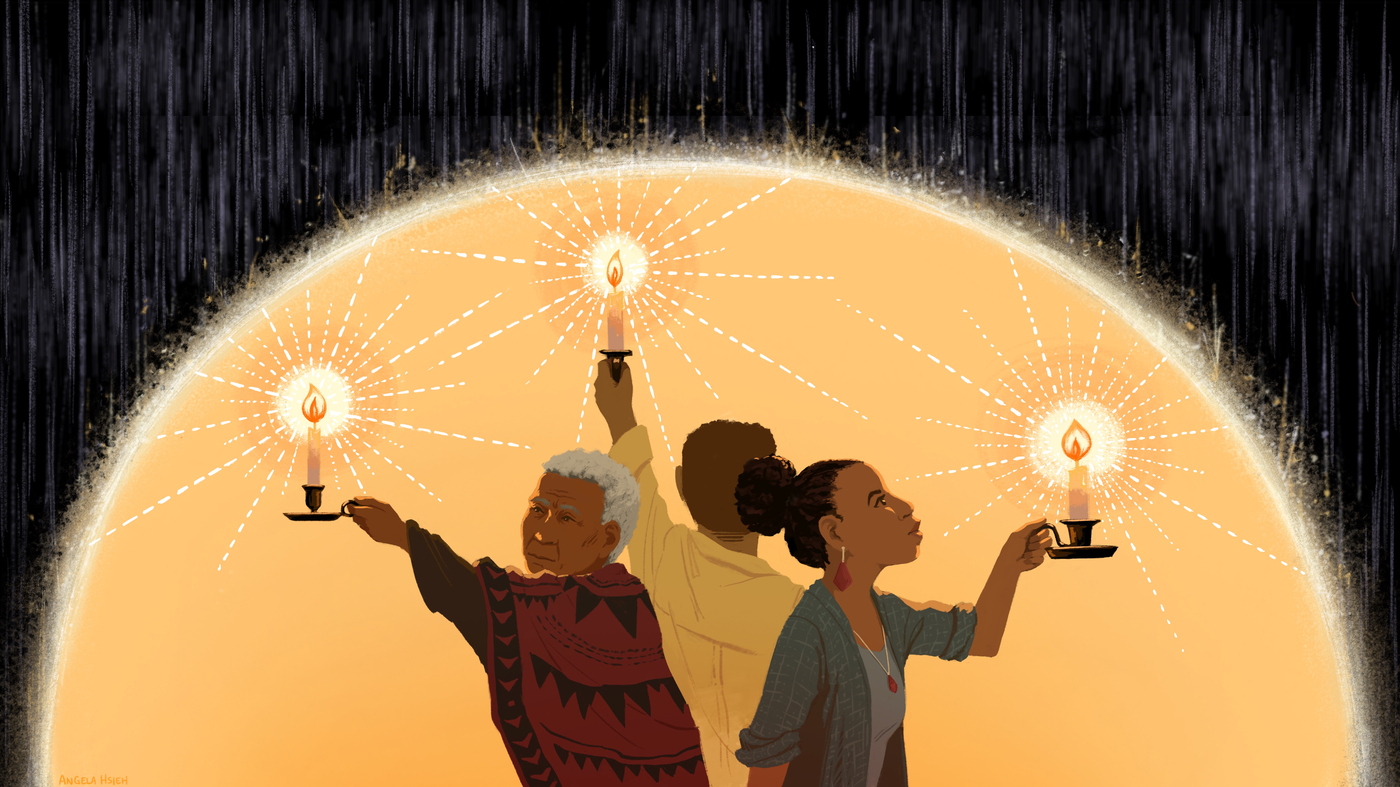
American Anthem: This Little Light of Mine. In many ways, this may be the best story I have ever reported for NPR. When I was asked to look into the origins of this folk song/protest anthem for our series, I wasn’t expecting much. But I wound up digging into a backstory that caused Wikipedia to change its entry detailing who wrote the song, while connecting it to a long history of use by Black people seeking to buoy their spirits, churches in the Jim Crow south to civil rights marches in the 1960s and protestors resisting white supremacists in Charlottesville. Please read the digital story here and listen to the radio piece here.
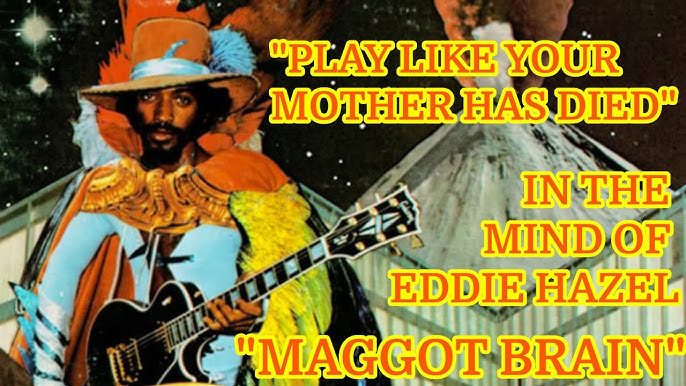
Parliament-Funkadelic, “Maggot Brain” and the plight of the Black guitar hero. I knew the 50th anniversary of the classic song would be an opportunity to introduce NPR’s audiences to an important piece of overlooked music history: the excellence of guitar player Eddie Hazel. What I didn’t anticipate this story would bring, was the change to interview legendary music critic Greg Tate before his death, the bliss of hearing Living Colour guitarist Vernon Reid talk about why the music industry should pay more attention to pioneering black guitar heroes like Hazel, and the honor of speaking with George Clinton himself not long before his 80th birthday. We even managed to air the radio story ON his birthday! Check out the print story on our website here and listen to the audio story here.
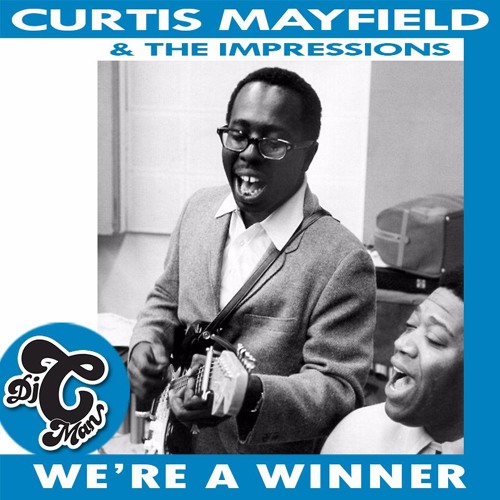
American Anthem II: Curtis Mayfield’s turn to writing explicitly about Black power and civil rights in “We’re a Winner.” As a child of nearby Gary, Indiana, I knew that my final story for our series would require at least one visit to Chicago, where Mayfield built his successful label Curtom records and his son and other key figures in his career still lived. I fell in love with Mayfield’s in-your-face song of encouragement as a child, wearing out my mother’s copy of Curtis Live, recorded at the Bitter End club in New York City. It was a thrilling honor to trace the history of his work just 40 minutes from where I grew up, interviewing the Rev. Jesse Jackson, who was a friend of Mayfield’s, along with his son, a former business partner and the radio station executive who defended his decision not to play “We’re a Winner” in pop radio in Chicago – a decision Mayfield himself criticized from the stage on Curtis Live. Mayfield’s turn from more general socially conscious songs like “People Get Ready” to specific lyrics about Black power and civil rights in “We’re a Winner,” also mirrored a turn many other artists were taking in their work back then, from James Brown to The Temptations. Read the text story here. Listen to the audio story here.
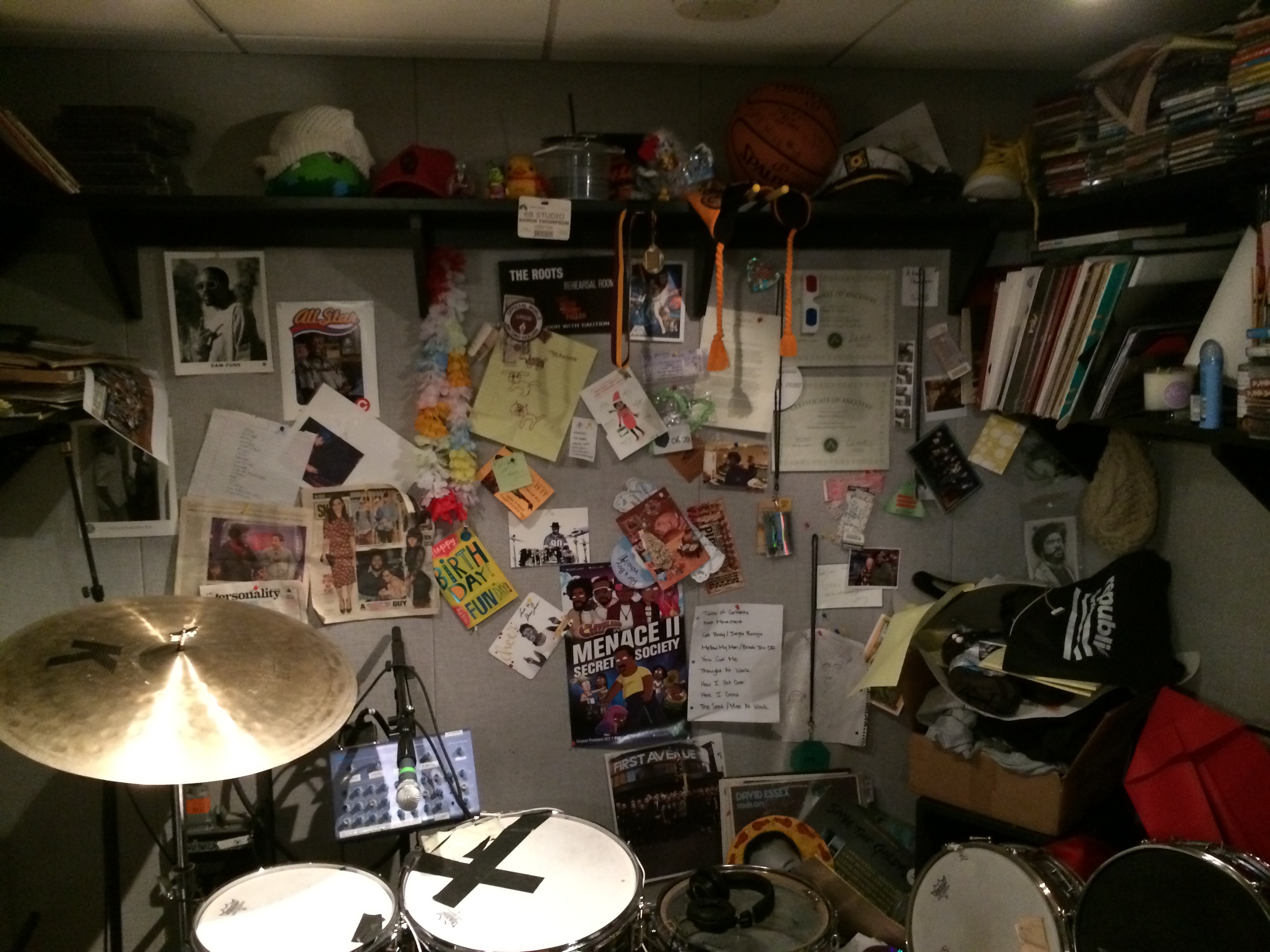
(Questlove’s drum recording space next to the Tonight Show in 30 Rock.)
Watching Questlove turn rap’s hottest group into the house band for NBC’s Tonight Show. It’s not like we’re close friends or anything. But Ahmir “Questlove” Thompson and I go way back – I interviewed him in the mid 1990s for a story in Modern Drummer magazine, marking one of his first appearances in a music magazine. So when I was hired by NPR in 2013, I knew one of the first stories I wanted to tackle was spending a day with Questlove while he did his work leading The Roots at The Tonight Show. As it turns out, I visited 30 Rock on an amazing day: The Roots were the musical guests, as well as the backing band. And while we were chilling in the practice/studio space the band has right next to the studio where the Tonight Show is filmed, a writer ran down and asked Questlove if he could brainstorm some ideas for a bit. They wanted to gin up a drum battle between Red Hot Chili Peppers drummer Chad Smith and Will Ferrell – who is a dead ringer for Smith appearance-wise, but does not play drums at all. And I got to watch him try a bunch of different ideas. It was powerful evidence that artists from rap and hip hop now had pivotal roles at the oldest institution in late night TV. Check out the text story here. And the radio story here.
(Other images from The Roots studio at 30 Rock)
Who says Black History Month has to be stuffy, predictable and uninteresting?